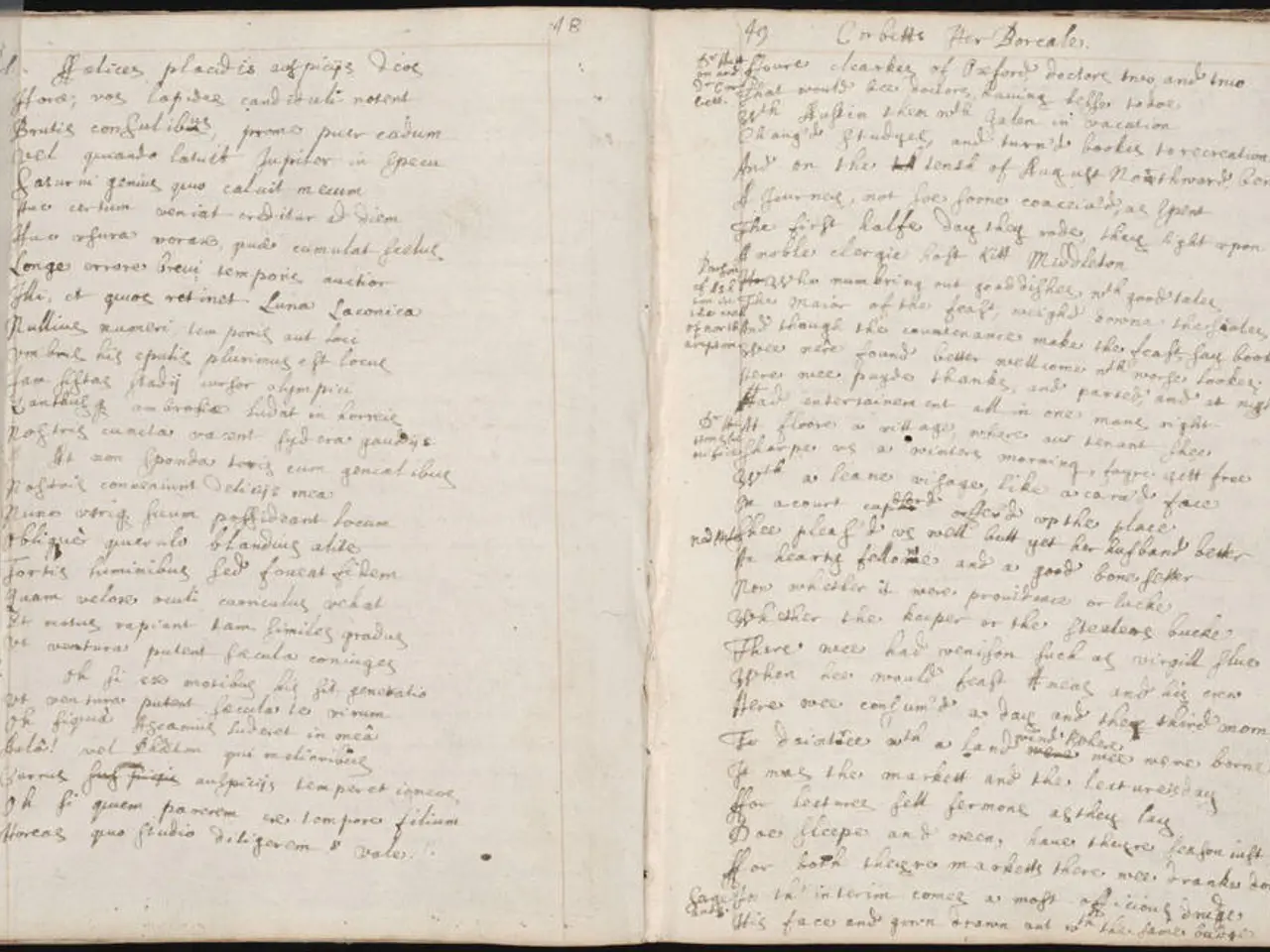Germany's regional states are in disagreement over the arrangement of school holidays due to differing opinions and interests.
The scheduling of summer breaks in Germany is typically organized on a rotating system among the various federal states, a practice aimed at distributing holiday periods more evenly and avoiding congestion in travel and tourism sectors. This system staggers school vacations throughout the summer months across different states, helping manage infrastructure and tourism demands efficiently.
However, Bavaria and Baden-Württemberg are the exceptions to this rule, as they do not strictly follow the common rotation pattern that other states adhere to. The specific reasons for their exemption are rooted in regional education policies and administrative autonomy. These two states often set their summer school holidays independently of the rotating system, influenced by their own local traditions, economic considerations, and social factors unique to these regions.
The origin of Bavaria and Baden-Württemberg's exemption can be traced back to the need for children in the south to help with the harvest. Over the years, this exemption has evolved to encompass a broader range of factors, reflecting the decentralized nature of education administration in Germany, where states have the authority to decide on school holidays based on regional preferences and necessities.
Recently, there has been growing pressure on Bavaria to compromise and align with the rest of the country. Politicians from multiple German states, including Thuringia, Lower Saxony, and North Rhine-Westphalia, have expressed their support for a fairer and more modern school holiday system. They argue that the current system causes whiplash shifts for families in the north and east of Germany, while families in the south enjoy predictability and the opportunity to take their holidays in the cheaper post-peak season.
Despite this pressure, Bavaria's leaders, such as Prime Minister Markus Soeder (CDU), have rejected any change to the current summer break schedule, defending the state's holiday rhythm. Bavaria's education minister, Anna Stolz (Free Voters), has justified the state's position by appealing to religion and the use of Christian public holidays for timing the summer break.
In response, Germany's federal Education Minister, Karin Prien, has called for a "modern solution" that respects the traditions of Bavaria and Baden-Württemberg but has not proposed any concrete changes. The earliest possible point for a new system introduction is school holidays fixed until 2030/31.
As the debate continues, it remains to be seen whether Bavaria and Baden-Württemberg will maintain their exemption from the rotating school holiday schedule or whether they will eventually align with the rest of the country. One thing is certain: the issue of fairness and modernity in school holiday scheduling is a topic of great interest and importance for politicians and families across Germany.
- The exemption of Bavaria and Baden-Württemberg from the common rotation pattern in school holiday scheduling in Germany can be traced back to historical factors, such as the need for children to help with the harvest, but has evolved to encompass broader regional policies, economic considerations, and unique social factors.
- The ongoing debate about the fairness and modernity of school holiday scheduling in Germany, particularly the exemption of Bavaria and Baden-Württemberg, has sparked political discussions among various state leaders, including Thuringia, Lower Saxony, and North Rhine-Westphalia, who argue for a more balanced and uniform system.




